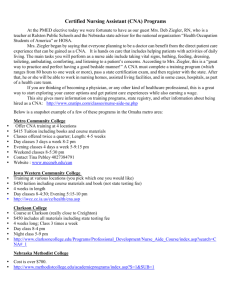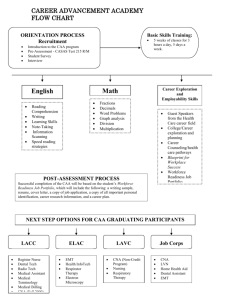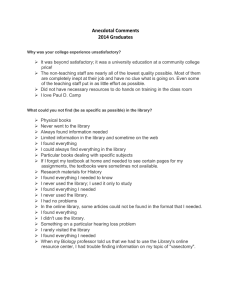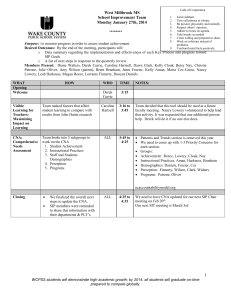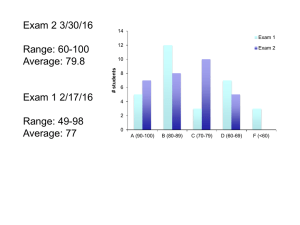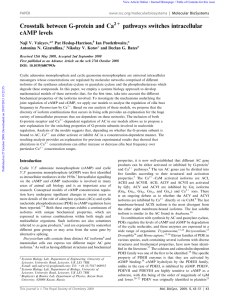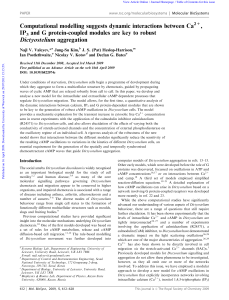Nociceptin mediated microvascular inflammation during sepsis
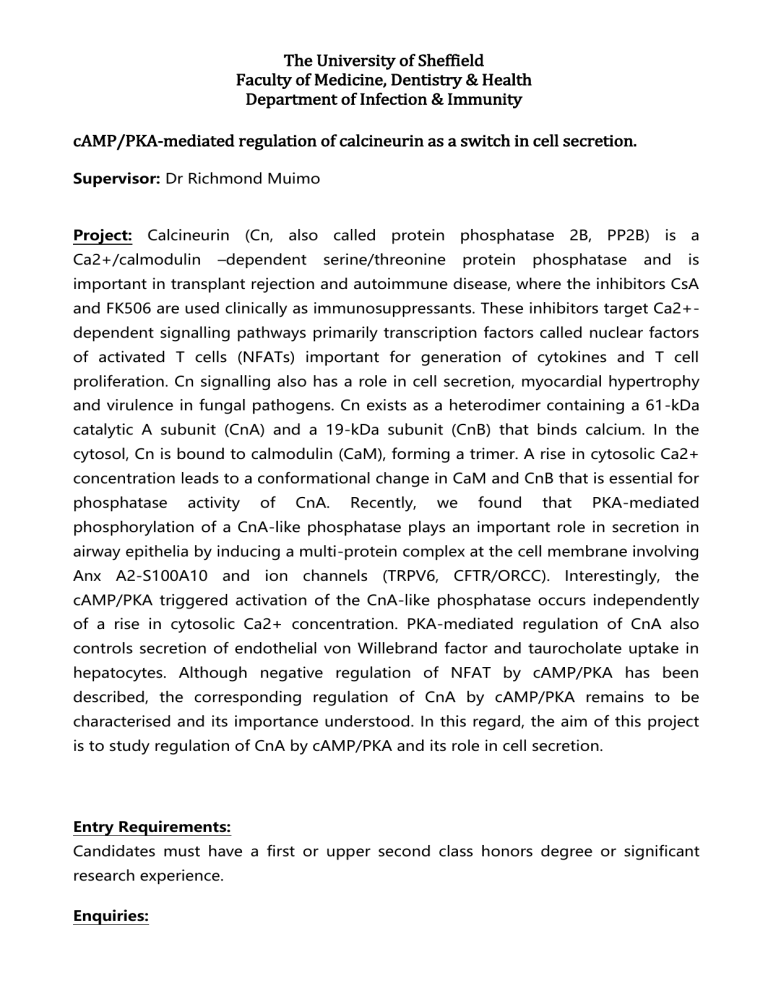
The University of Sheffield
Faculty of Medicine, Dentistry & Health
Department of Infection & Immunity cAMP/PKA-mediated regulation of calcineurin as a switch in cell secretion.
Supervisor: Dr Richmond Muimo
Project: Calcineurin (Cn, also called protein phosphatase 2B, PP2B) is a
Ca2+/calmodulin –dependent serine/threonine protein phosphatase and is important in transplant rejection and autoimmune disease, where the inhibitors CsA and FK506 are used clinically as immunosuppressants. These inhibitors target Ca2+dependent signalling pathways primarily transcription factors called nuclear factors of activated T cells (NFATs) important for generation of cytokines and T cell proliferation. Cn signalling also has a role in cell secretion, myocardial hypertrophy and virulence in fungal pathogens. Cn exists as a heterodimer containing a 61-kDa catalytic A subunit (CnA) and a 19-kDa subunit (CnB) that binds calcium. In the cytosol, Cn is bound to calmodulin (CaM), forming a trimer. A rise in cytosolic Ca2+ concentration leads to a conformational change in CaM and CnB that is essential for phosphatase activity of CnA. Recently, we found that PKA-mediated phosphorylation of a CnA-like phosphatase plays an important role in secretion in airway epithelia by inducing a multi-protein complex at the cell membrane involving
Anx A2-S100A10 and ion channels (TRPV6, CFTR/ORCC). Interestingly, the cAMP/PKA triggered activation of the CnA-like phosphatase occurs independently of a rise in cytosolic Ca2+ concentration. PKA-mediated regulation of CnA also controls secretion of endothelial von Willebrand factor and taurocholate uptake in hepatocytes. Although negative regulation of NFAT by cAMP/PKA has been described, the corresponding regulation of CnA by cAMP/PKA remains to be characterised and its importance understood. In this regard, the aim of this project is to study regulation of CnA by cAMP/PKA and its role in cell secretion.
Entry Requirements:
Candidates must have a first or upper second class honors degree or significant research experience.
Enquiries:
Interested candidates should in the first instance contact Dr Richmond Muimo r.muimo@shef.ac.uk
How to apply:
Please complete a University Postgraduate Research Application form and attach at least two references to your application. To complete the application form please visit: www.shef.ac.uk/postgraduate/research/apply .
Please clearly state the prospective main supervisor in the respective box and select
‘Infection & Immunity’ as the department.

